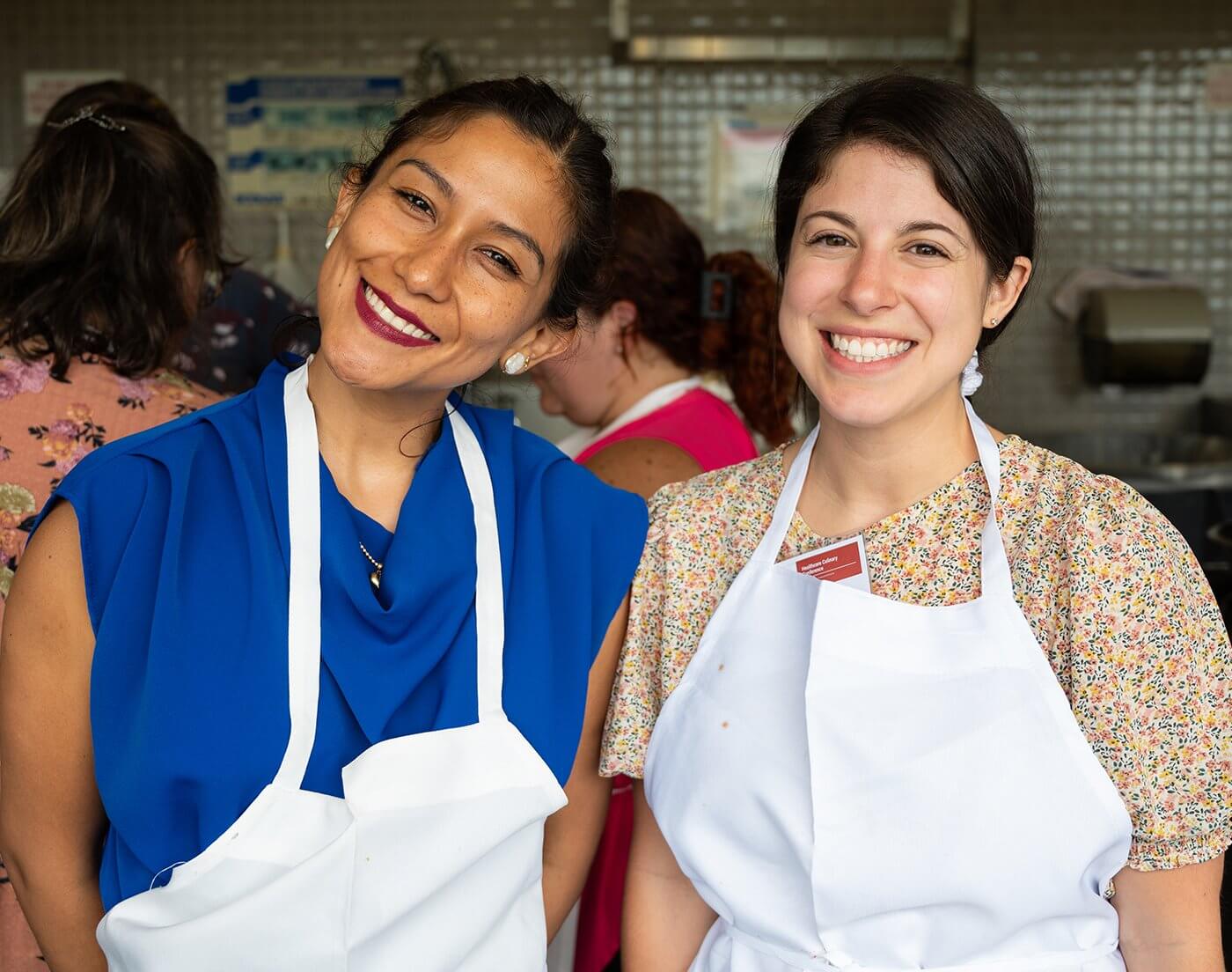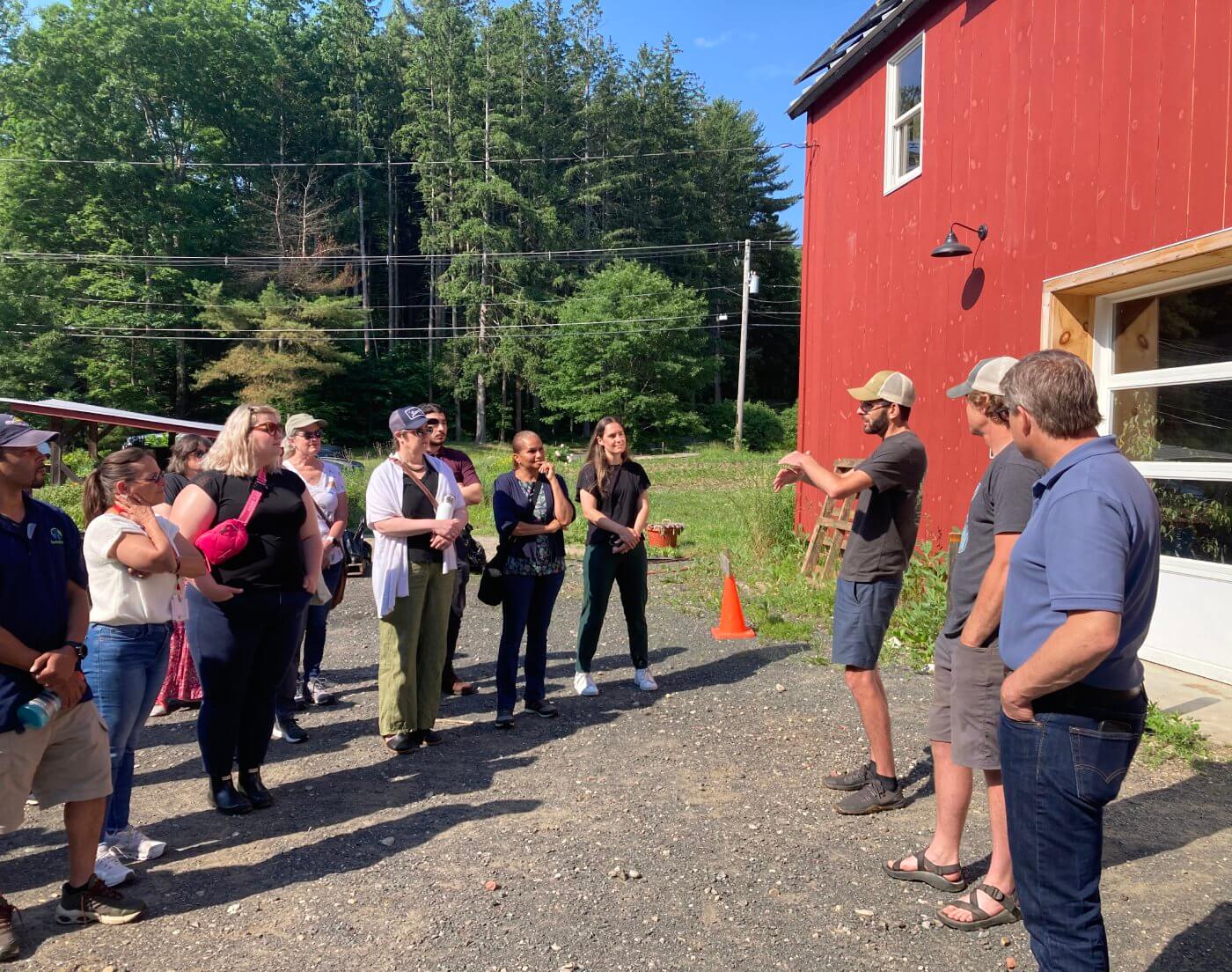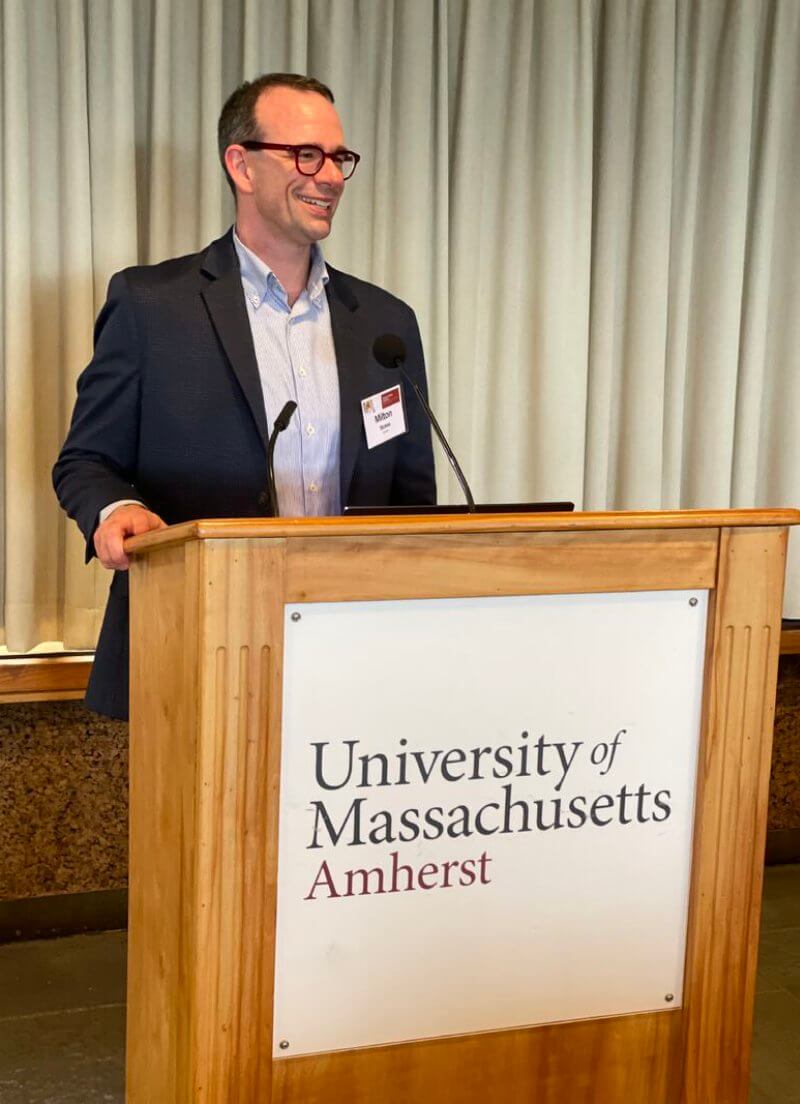The Healthcare Culinary Conference at UMass Amherst is an event dedicated to enhancing culinary and nutrition knowledge of healthcare providers. Part of the nationally recognized UMass Chef’s Culinary Conference, this track offers providers—including nurses, dietitians, physicians, dentists, mental health professionals—as well as graduate health-related students and community health workers, a unique opportunity to build their nutrition-focused patient care skills filling in the gaps identified in the medical and nursing education curriculum.
This year’s theme “Food for the Common Good” will include nationally renowned speakers on topics such as:
- Culinary techniques to prepare healthy, flavorful foods for personal use and patient education.
- Integrating dietary guidance from national consensus evidence-based reports that honor cultural food traditions, support economic sustainability, and promote individual/population and planetary health.
- Nutrition misinformation or differences in opinion? Why is the field of nutrition prone to so many different opinions, understanding ways to access and identify sources of reliable information.
- Understanding food allergies and how to help your patients access, and shape food accommodation requests to fit their needs.
- A multidisciplinary discussion on the health implications of ultra-processed foods, how they are defined, and what the evidence suggests for menu development, nutrition policy and public messaging in the communities you serve.




